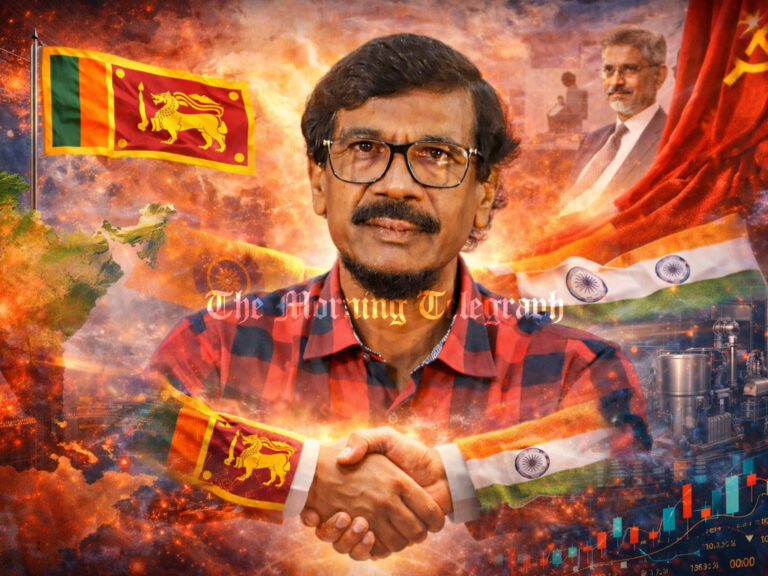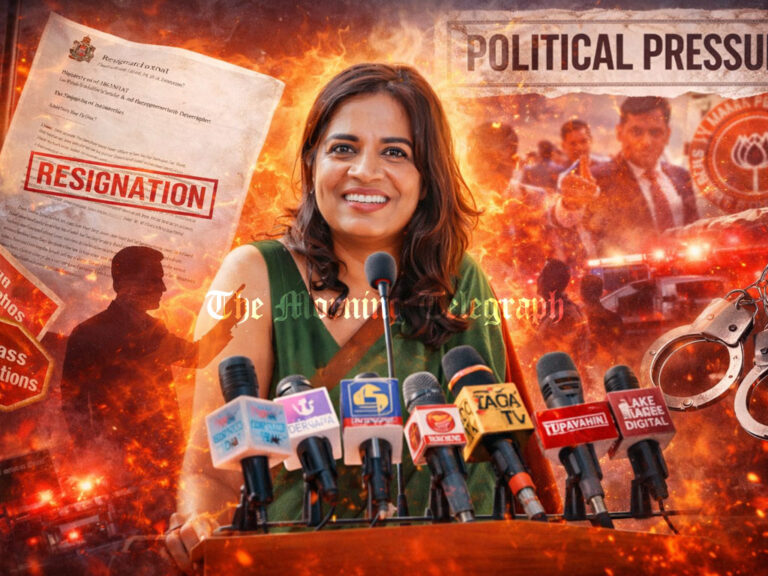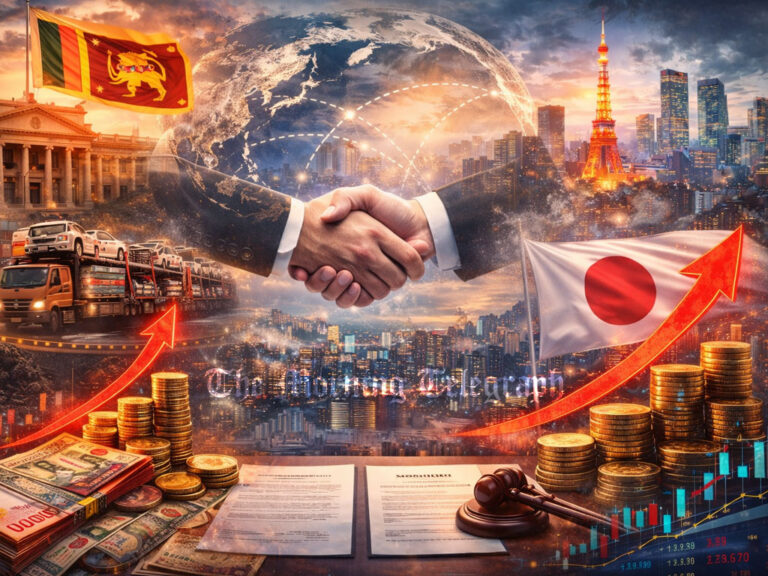
Indian Prime Minister Narendra Modi met with Ukraine’s President Volodymyr Zelensky in Kyiv on Friday, marking a historic visit as Modi pushes for a resolution to the ongoing war with Russia, which has now spanned over two years.
In a poignant moment at the Mariinsky Palace, Modi embraced Zelensky, who appeared visibly emotional. This visit is significant as it is the first time an Indian Prime Minister has visited Ukraine, signaling Modi’s intent to position himself as a potential mediator between Moscow and Kyiv.
Modi’s visit, however, comes at a critical juncture in the conflict, with diplomatic solutions seeming more distant than ever. Ukrainian forces have launched a significant incursion into Russia’s Kursk region, while Russian troops continue to advance in eastern Ukraine, recently capturing several towns and villages.
Speaking in Poland before arriving in Ukraine, Modi stated, “No problem can be resolved on a battlefield.” He emphasized that India supports “dialogue and diplomacy for the restoration of peace and stability as soon as possible.”
Despite his calls for peace, it remains uncertain whether Modi can be an effective mediator. The 73-year-old Indian leader maintains strong ties with Russia, having met with President Vladimir Putin in Moscow just last month. His relationship with Russia has drawn criticism, particularly when he was seen hugging Putin shortly after a Russian attack on a children’s hospital in Kyiv, an incident Zelensky described as a “devastating blow” to peace efforts.
During Friday’s meeting, Zelensky and Modi paid tribute to the children who have lost their lives due to Russian aggression. Zelensky shared on Telegram, “Children of every country deserve to be safe. We must make it possible.”
In his earlier meeting with Putin, Modi expressed that “war cannot solve problems” and spoke of the unbearable pain caused by the deaths of innocent children. Ahead of his Kyiv visit, Modi indicated that he planned to discuss with Zelensky “perspectives on the peaceful resolution of the ongoing conflict.”
India’s diplomatic stance has been complex. While New Delhi enjoys historically strong ties with Russia, it is also forging closer security partnerships with Western nations, particularly as a counterbalance to China. India has refrained from explicitly condemning Russia’s 2022 invasion and has abstained from UN resolutions critical of the Kremlin, instead advocating for direct dialogue between the warring sides.
Russia remains a vital supplier of oil and weapons to India, further complicating New Delhi’s position. The war in Ukraine has also had a human toll on India, with reports of Indian citizens being killed while fighting for Russia. In February, India urged Moscow to repatriate some of its citizens.
During the first year of the invasion, Putin publicly acknowledged that Modi had “concerns” about Russia’s actions in Ukraine, a sentiment that has been pressured by Western nations in recent years as they push New Delhi to distance itself from Russia.
Ukraine’s recent incursion into the Kursk region, launched on August 6, aims to pressure Moscow into “fair” negotiations. However, Russia has asserted that the Ukrainian counteroffensive now makes talks impossible. Putin has demanded that Kyiv relinquish control over four regions that Moscow claims to have annexed as a precondition for negotiations, a stance that has been rejected by both Kyiv and the West. Zelensky has also ruled out direct talks with Putin.
As Modi arrived in Kyiv, Ukraine reported a Russian strike in the north-eastern Sumy region that killed two people, with another two people rescued from the rubble in the Kharkiv region following a separate strike. The United Nations has verified more than 10,000 civilian deaths in Ukraine since the invasion began in February 2022, though the true death toll is believed to be much higher.
This visit underscores the growing complexity of the conflict and the challenges of brokering peace in a war that shows no signs of abating.




